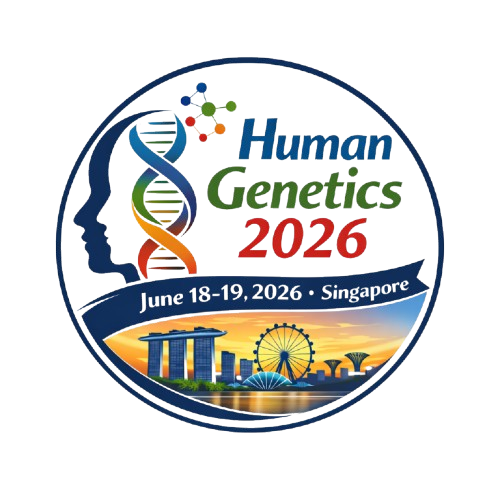Call for Abstract
Scientific Program
16th International Conference on Human Genetics and Genetic Diseases, will be organized around the theme “Redefining Medicine through Genomic Science”
Human Genetics 2026 is comprised of keynote and speakers sessions on latest cutting edge research designed to offer comprehensive global discussions that address current issues in Human Genetics 2026
Submit your abstract to any of the mentioned tracks.
Register now for the conference by choosing an appropriate package suitable to you.

